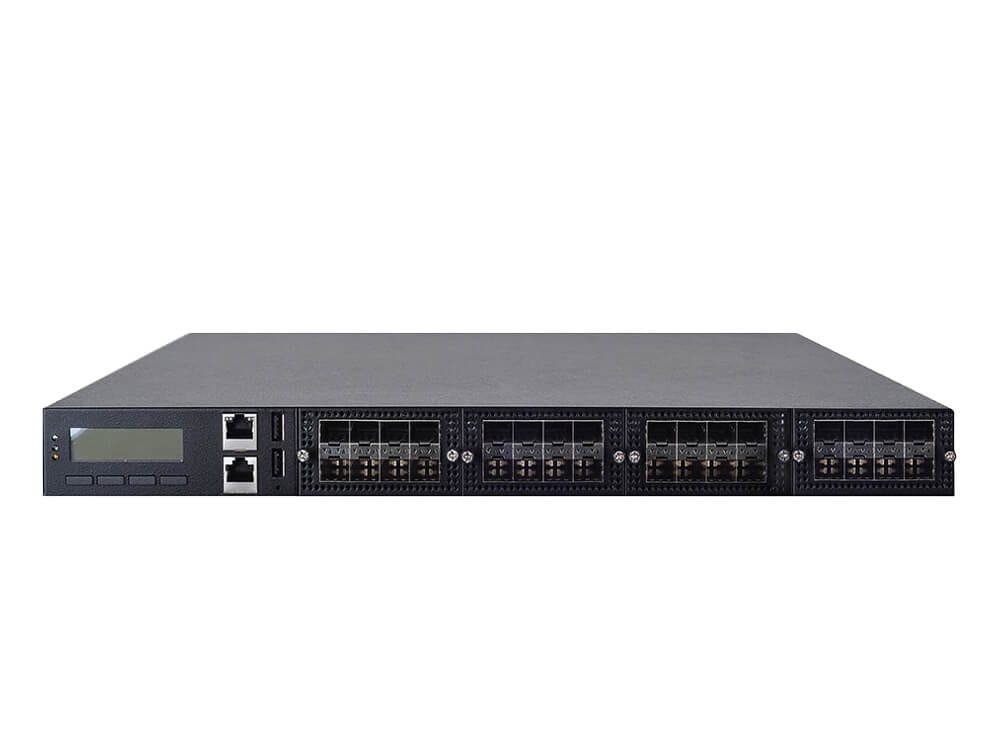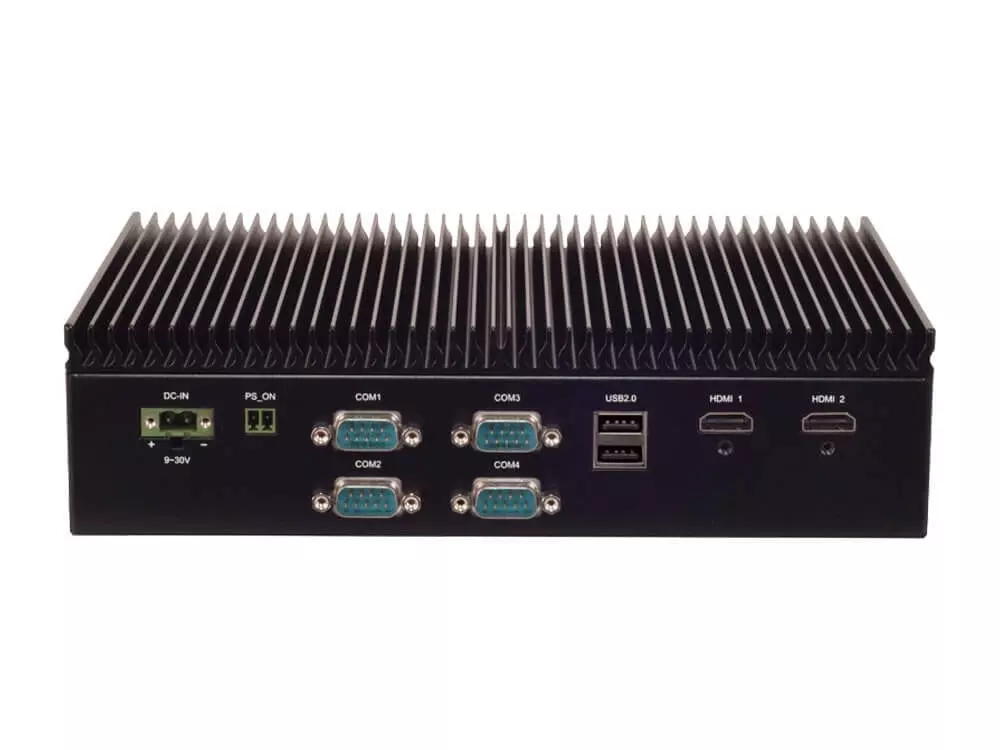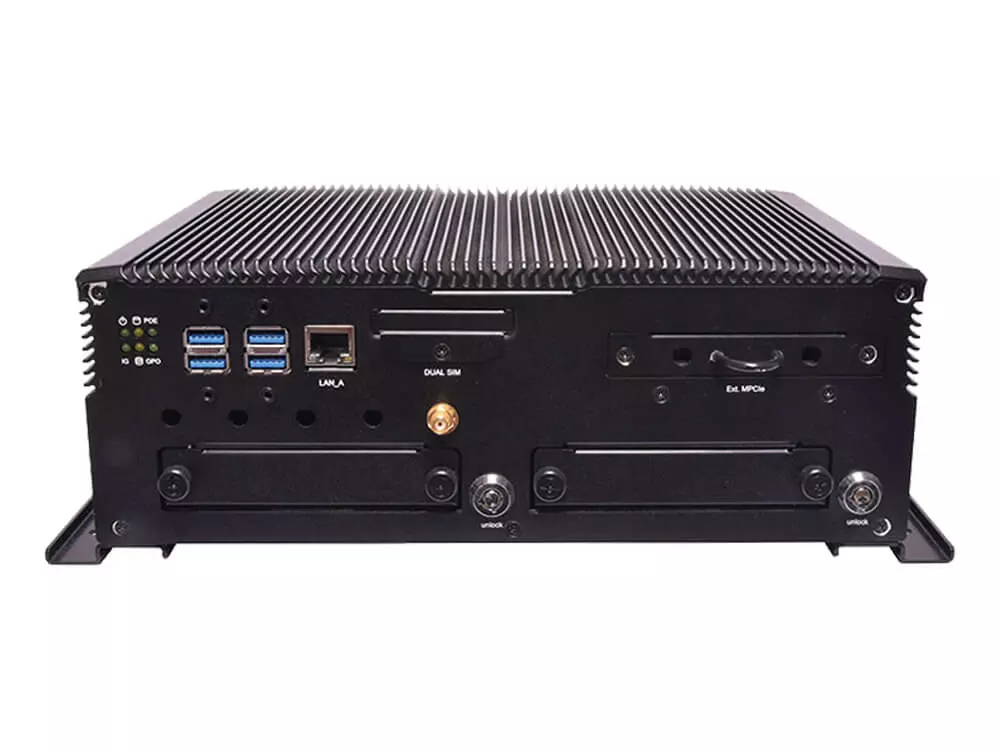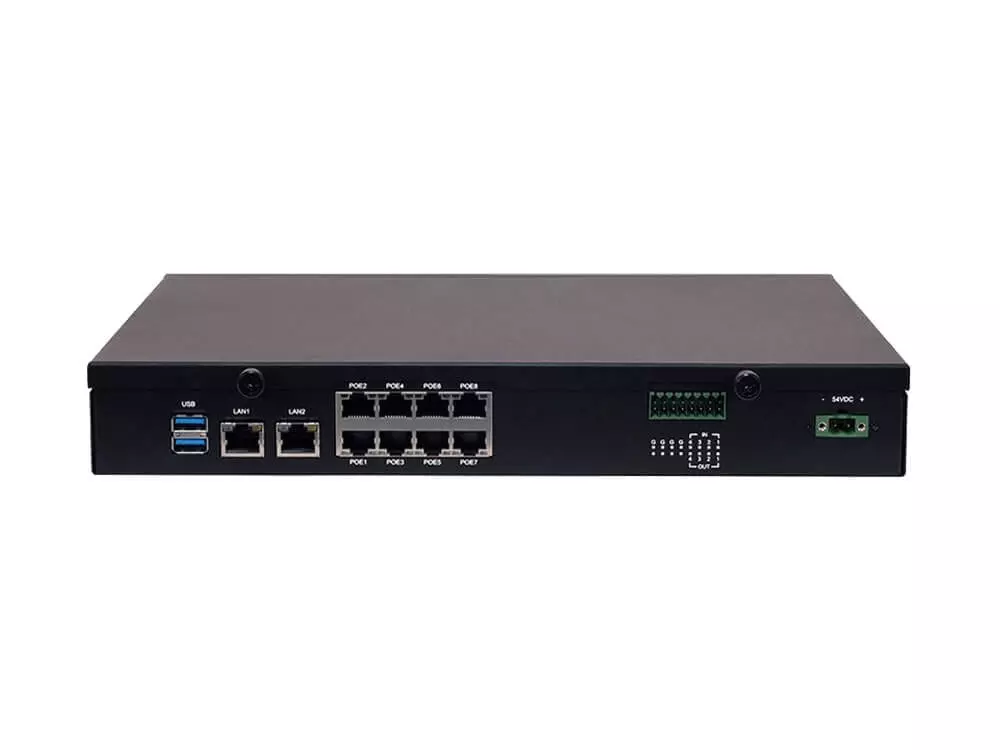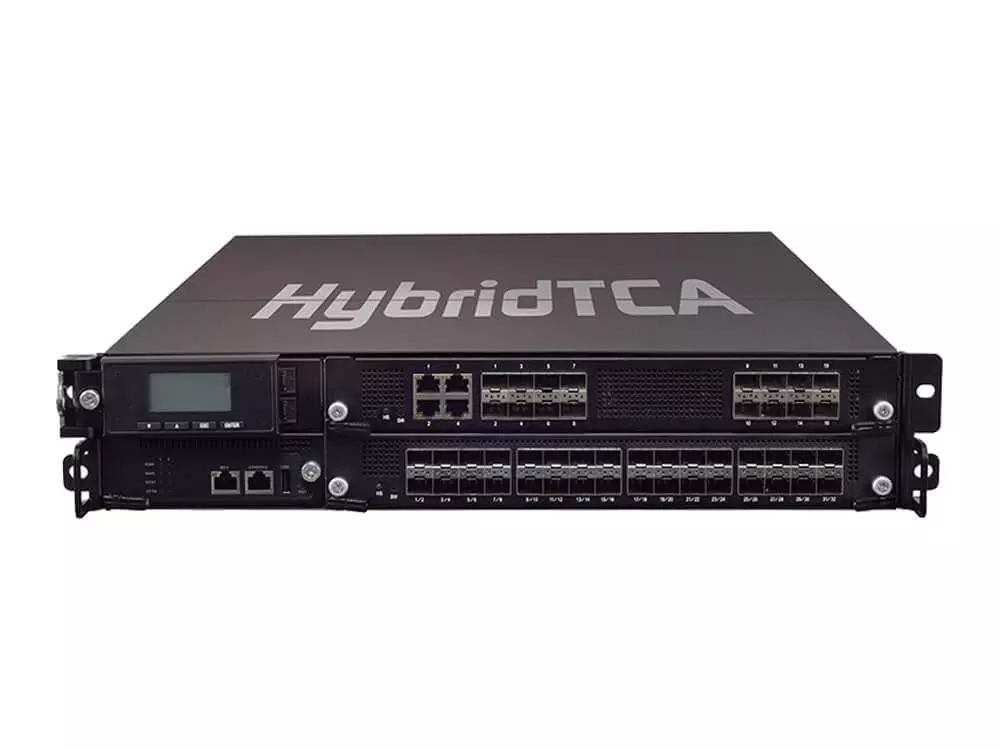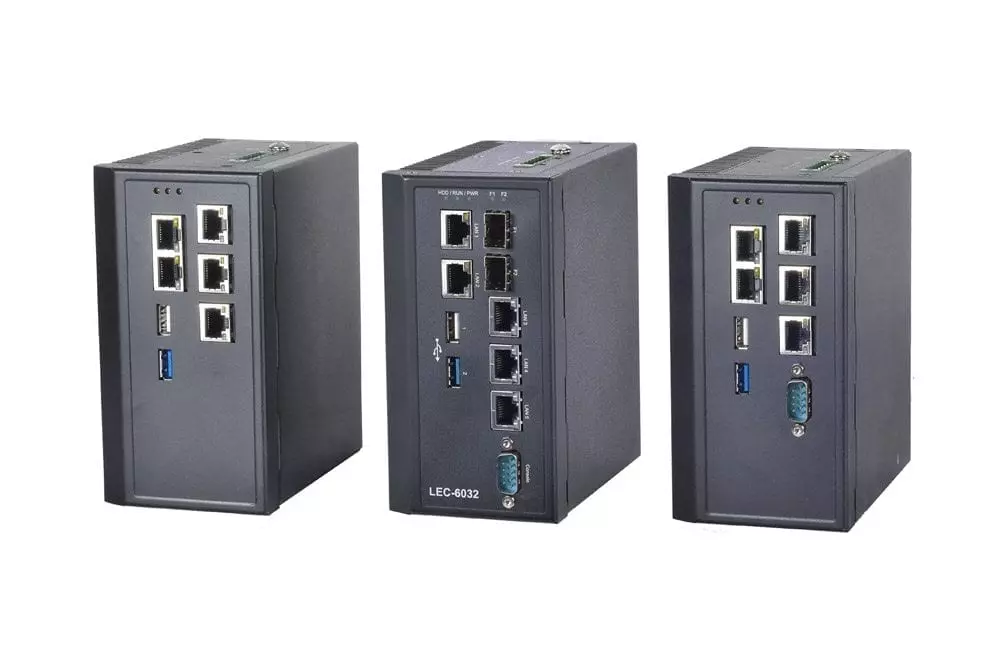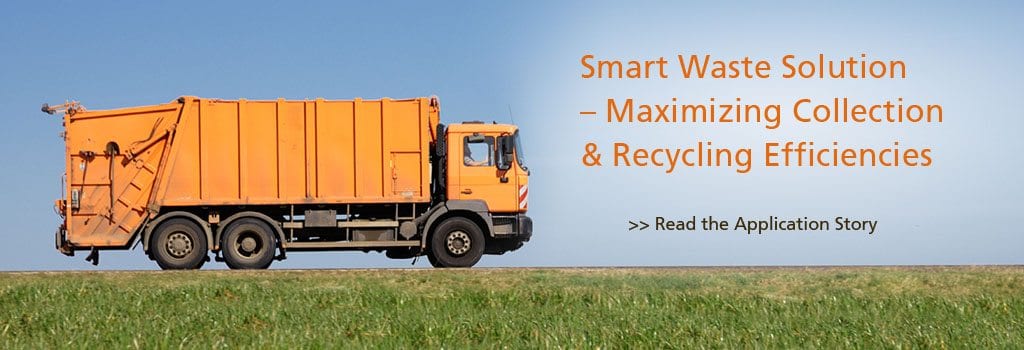 Many governments in the world share a common perspective that waste will be the next-generation major resource of utility. Though sanitary and recycling services are normally available, the biggest challenge comes from the cities. The cities with high population density, diversified communities, rising living standards and large metropolitan areas have witnessed the accelerated waste generation rates in their environments. As a result, city government authorities are urging for an efficient technological solution that will help them manage sanitary budget more effectively.
Many governments in the world share a common perspective that waste will be the next-generation major resource of utility. Though sanitary and recycling services are normally available, the biggest challenge comes from the cities. The cities with high population density, diversified communities, rising living standards and large metropolitan areas have witnessed the accelerated waste generation rates in their environments. As a result, city government authorities are urging for an efficient technological solution that will help them manage sanitary budget more effectively.
Requirement
In order to maximize efficiencies, a smart waste solution must fulfill the following purposes:
Maximization
Maximize the time in collection, disposal, handling and recycling in the largest possible mission area. This will require route management systems like GPS navigation to provide the minimum traveling route for sanitary/recycling trucks. In the mean time, the GPS navigation will also function as vehicle tracking for the main operating center.
Monitoring
Capture all related information for the waste collection, including the weights, the dates, the locations, and the waste categories for future analysis. In other words, all the waste-collecting vehicles must put all their duties and actions into data so that authorities will have a reference for later policy-making.
Real-time Reporting
The systematic part of this smart waste solution must provide a consistent data-reporting and monitoring mechanism so that all the data will be legitimate and beneficial.
Usage Scenario
For instance, when a sanitary truck starts to hit the road for its duty, the GPS and wireless network will enable the main operating center or the driver to plan the least time-consuming route to collect all the waste in the designated area. With wireless network, the truck can be linked to the main operating center during the waste collection. For additional monitoring applications, PoE (Power-Over-Ethernet) is highly ideal for installations with IP cameras. On the other hand, with RFID technology, the truck can automatically detect any waste collection or may even weigh the collected waste if a measuring device is installed. The measured data can be sent directly to the main operating center and this information may serve significant analysis for the municipal authorities in waste management budget planning.
Solution
Since sanitary/recycling trucks are the main data-capturing and waste-collecting units, a practical solution is to install a robust in-vehicle computing system which comes with various network connectivity and versatile Input/Output settings. In this case, Lanner LVC-5000-B is the optimal choices for this operation.
LVC-5000-B is a robust vehicle box PC that comes with rich I/O connectivity. First, it comes with 4 GbE PoE LAN ports. With PoE connectivity, the in-vehicle computer can be connected with IP cameras for monitoring purposes. Secondly, the system offers HDMI, VGA or DVI-D display ports for various viewing options. Thirdly, there is a mini-PCIe slot with SIM card reader for wireless 3G/4G connections. Lastly, LVC-5000-B is built with GPS navigation to provide route management and tracking.
For connections with external instruments like RFID sensor or weighing systems, LVC-5000-B comes with two serial COM ports; one with RS-232 signal and another with RS-232/422/485 configurable signals. In addition, a CAN bus is implemented to provide data communication protocol and allow external devices to read the vehicle data such as driving behaviors.
Since sanitary/recycling trucks are often in-motion, LVC-5000-B offers suspension kit, wide temperature operation (-20 to 60°C with industrial components), fanless design and MIL-STD-810G certified shock/vibration resistance.
Regarding applications in limited installation space or less complicated scenario, Lanner also offers LVC-2000 model. This entry-level fleet management system is built in compact design, optional CAN bus, two serial COM ports and one LAN port.
For details about Lanner’s complete vehicle computer product line, please visit us at https://www.lanner-america.com/products/vehicle-computers/
Other Implications
LVC-5000-B is a highly robust box PC with I/Os and connectivity which are also suitable for complicated fleet management/intelligence, intelligent bus transportation systems and in-vehicle video surveillance.
